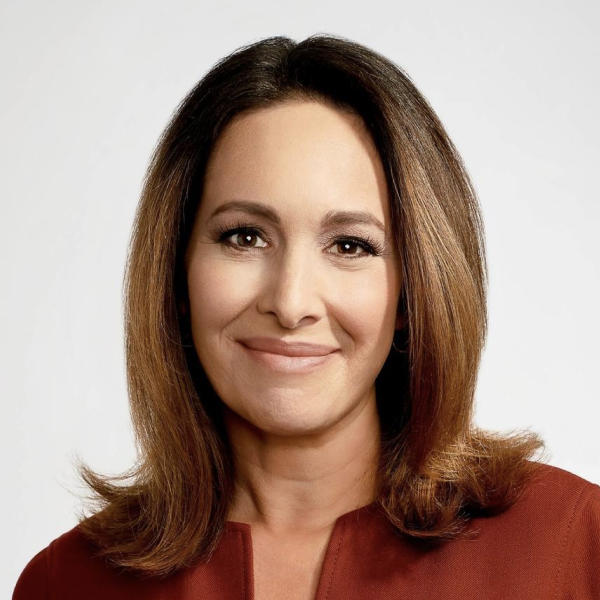Do corporate interests rule Washington?
In a new CBS News poll, we asked Americans who benefits most from federal government policies, and 66 percent said the rich.
When we asked who members of congress are most interested in serving, 80 percent said special interest groups.
CBS News correspondent Nancy Cordes reports that there is at least some truth to most people's fears about that.
Before leaving town for ten days last week, the House of Representatives found time to pass an amendment designed to help a single drug company, and it enjoyed broad bipartisan support.
CBSNews.com launches "United States of Influence" seriesAlienated nation: Americans complain of government disconnect
Special Section: The United States of Influence
The amendment ensures that the "medicines company" of Parsippany, New Jersey, keeps control of the patent for its blood thinning drug "Angiomax," fending off competition from generic drugs at a potential profit of up to a billion dollars.
"This is a special fix for one company," complained Rep. Lamar Smith, R-Tx.
Special fixes are par for the course in Congress, which gave breaks to Nascar track owners and rum distillers in the most recent tax bill.
The CBS News poll shows that's exactly what Americans have come to expect. A full three-quarters of respondents said large corporations have too much influence in American politics.
The findings didn't trouble Senate Minority Leader Mitch McConnell, who responded to the poll, saying: "I think that's pretty healthy. If you're looking for times when Americans were in love with Congress they're few and far between."
Ryan Alexander runs Taxpayers for Common Sense, a government watchdog group. She says she sees some signs of progress, like the Senate's recent vote to eliminate $6 billion worth of tax subsidies for ethanol producers.
"These are some of the most profitable companies in the history of the world. And they fought tooth and nail to keep that tax credit. It's going to be very difficult to get it through the House," Alexander says.
As for that New Jersey drug company, the CEO, Clive Meanwell, says the special amendment simply fixes a confusing patent deadline process that has hurt other drugmakers too.
"I'm very pleased that Congress has decided to keep moving this forward because that will benefit others, not just us, other companies, other innovators and of course other patients," Meanwell says.
However, opponents of the amendment say it shows just how easy it is for Congress to find ways around the moratorium it imposed on those pork barrel spending projects, otherwise known as earmarks.
